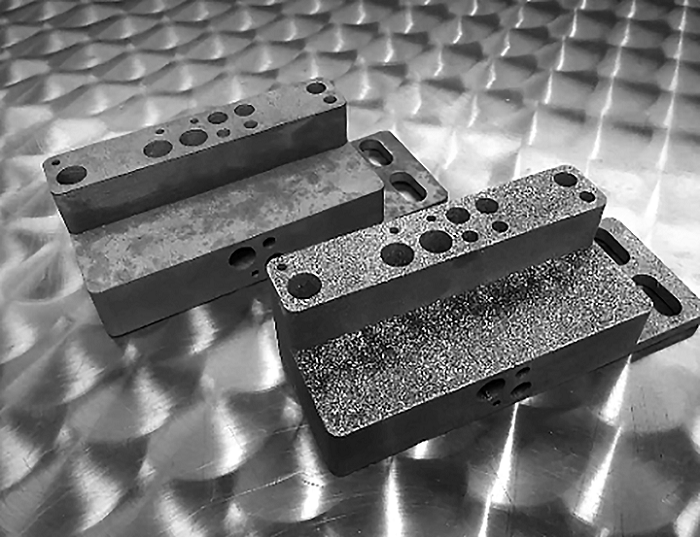ASTM E1921 Evaluation of Toughness after Heat Treatment
The ASTM E1921 standard is a crucial tool in the additive manufacturing and 3D printing sectors, particularly for materials that undergo heat treatment. This test evaluates how well a material maintains its toughness following post-processing, which is essential for ensuring that parts meet critical performance requirements.
During heat treatment, metals and alloys undergo changes in microstructure, which can significantly affect their mechanical properties such as strength, ductility, and toughness. ASTM E1921 provides a standardized method to assess the toughness of materials after this process, thereby helping manufacturers verify that the material remains suitable for its intended applications.
The test involves notching specimens and subjecting them to controlled fracture under tensile loading conditions. The notch is designed to concentrate stress and initiate crack propagation, thus simulating real-world loading scenarios where flaws might occur. By measuring the energy absorbed during this process, ASTM E1921 provides a quantitative measure of material toughness.
The methodology behind ASTM E1921 ensures that results are reproducible and comparable across different laboratories, which is vital for maintaining quality control standards in additive manufacturing processes. This standard supports industries where precision and reliability are paramount, such as aerospace, automotive, and medical device manufacturing.
Understanding the nuances of ASTM E1921 requires a deep dive into its technical aspects. For instance, the type and depth of notches used can influence test results, highlighting the importance of precise specimen preparation. Additionally, the choice of loading rate and environmental conditions during testing can also impact outcomes. These factors underscore the critical role that rigorous adherence to standard procedures plays in achieving reliable data.
Incorporating ASTM E1921 into your quality assurance protocols ensures compliance with international standards while enhancing product safety and performance. By leveraging this method, manufacturers can confidently demonstrate that their materials have retained their intended toughness levels post-heat treatment. This is especially important for additive manufacturing processes where part integrity is non-negotiable.
The application of ASTM E1921 extends beyond mere compliance; it also serves as a valuable tool for R&D teams to optimize material properties and processing parameters. Through iterative testing, engineers can refine heat treatment cycles and notching techniques to achieve the desired balance between strength and ductility in their materials.
| Key Parameters | Description |
|---|---|
| Type of Notch | Cruciform or semi-elliptical depending on material type |
| Loading Rate | Defined by the standard to ensure consistent testing conditions |
| Temperature and Environment | Controlled to mimic real-world operating conditions |
The comprehensive nature of ASTM E1921 makes it an indispensable part of any additive manufacturing quality assurance program. By integrating this standard into your testing regime, you can ensure that your products consistently meet high-quality standards and are reliable in their intended applications.
Applied Standards
The ASTM E1921 test is based on a series of internationally recognized standards that emphasize precision and reliability. These include:
- ASTM E1921-18
- ISO 6892:2016 for tensile testing of metallic materials
- EN ISO 14617 for mechanical testing of additive manufacturing parts
The adoption of these standards ensures that the results obtained from ASTM E1921 are not only accurate but also universally accepted within the global engineering community. Compliance with such standards is crucial for maintaining high-quality benchmarks in the additive manufacturing sector.
Eurolab Advantages
EuroLab offers unparalleled expertise and state-of-the-art facilities to perform ASTM E1921 testing efficiently and accurately. Our team of experienced engineers and technicians ensures that every specimen is prepared with precision, following the exacting requirements outlined in the standard.
- Advanced Equipment: EuroLab utilizes cutting-edge equipment capable of delivering consistent test results across multiple samples.
- Comprehensive Reporting: Our detailed reports provide not only quantitative data but also qualitative insights into material behavior under stress.
- Dedicated R&D Support: For clients seeking to optimize their processes, EuroLab offers tailored solutions through our dedicated R&D team.
In addition, our commitment to quality is reflected in the certifications and accreditations we hold. This includes ISO 17025 accreditation for our laboratories, ensuring that all tests meet the highest international standards.





